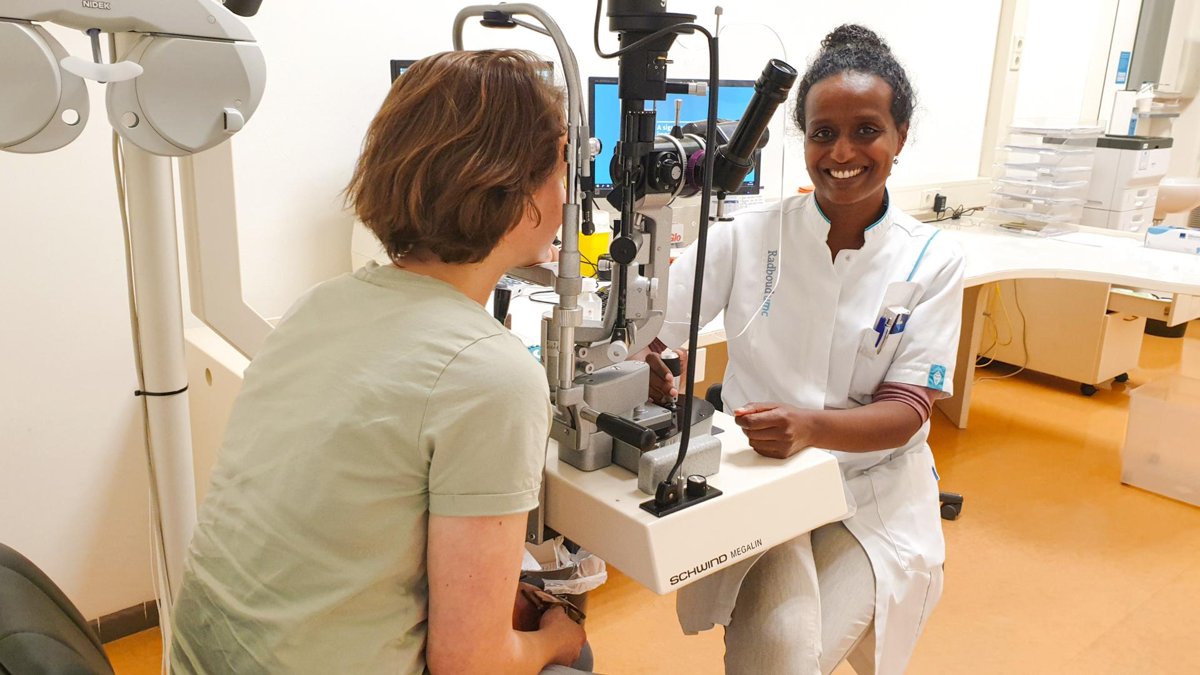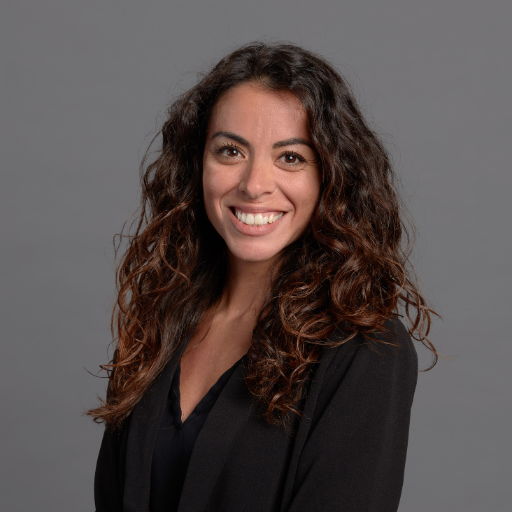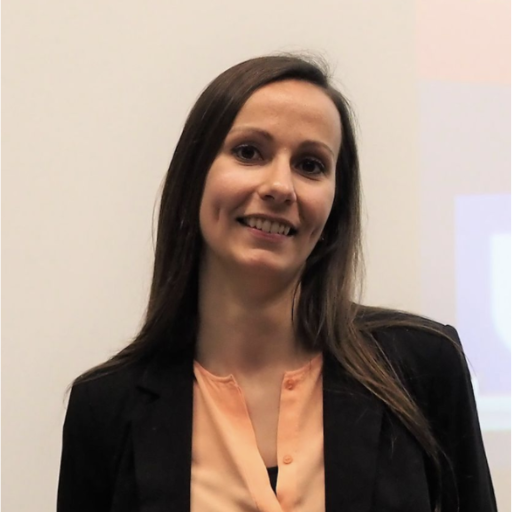Community, Events & Conferences for Scientists
By hosting events and scientific workshops throughout the year, BrightFocus brings scientists together and creates space for mentorship and collaboration that empowers scientific progress. Our signature Fast Track workshops convene early-career scientists from around the world to learn about the latest research, receive mentorship from expert scientists, and learn practical skills like how to write a grant.
Join scientists from across the globe to gather, learn from one another, and work toward finding cures for diseases of mind and sight.
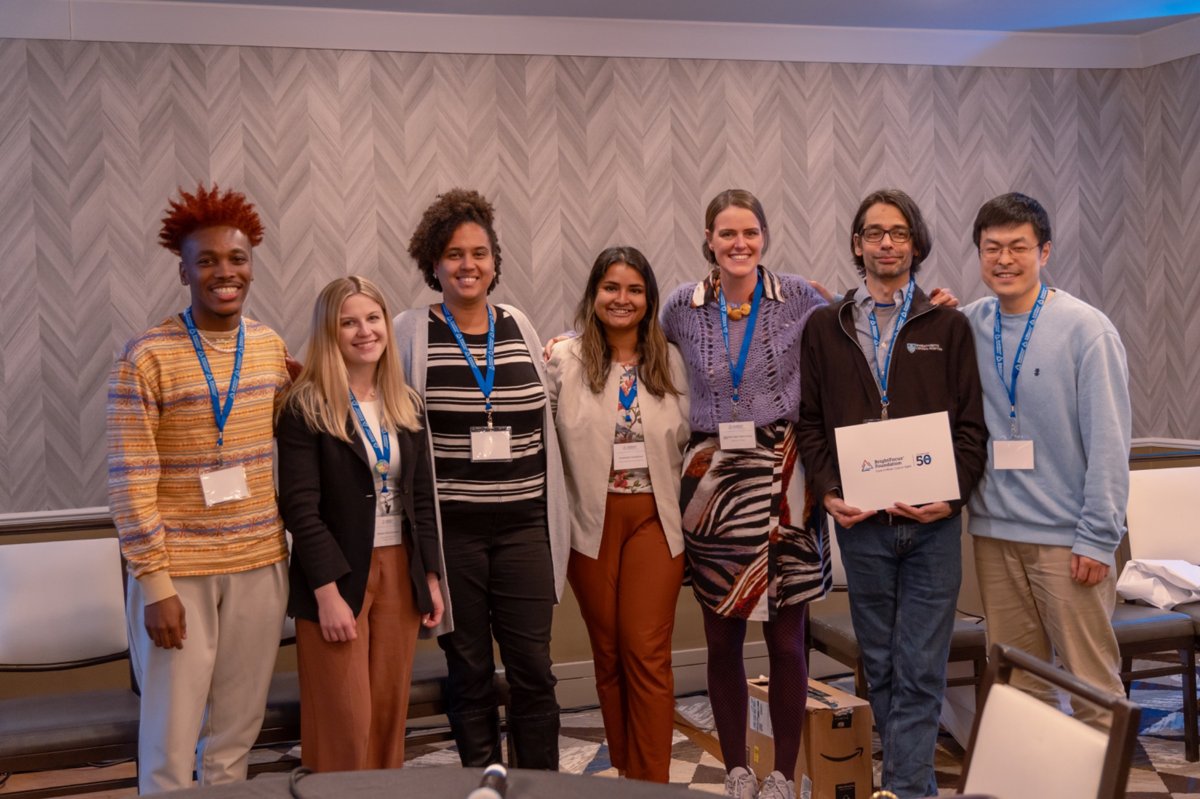
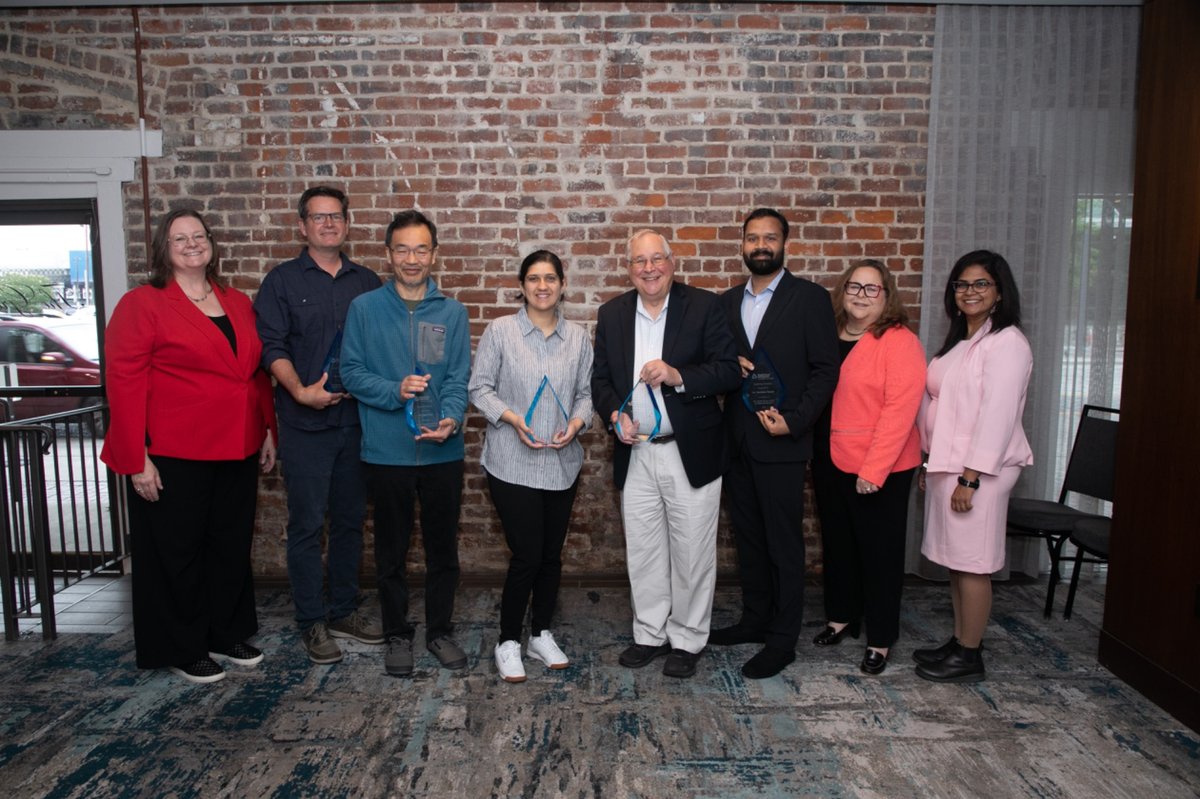
BrightFocus Research Community
BrightFocus-funded researchers are at the forefront of scientific discovery, pursuing innovative treatments, cures, and preventative measures addressing Alzheimer’s disease, macular degeneration, and glaucoma.

